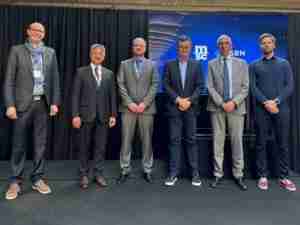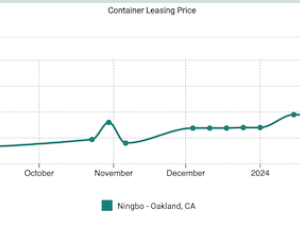Industry bellwether Frontline, the largest independent global oil tanker operator with 50 ships, believes the crude shipping market is saturated and the only fresh orders will come in a few specialized segments.
"Everyone wants to postpone delivery and nobody wants a ship on the water," Jensen told Reuters in a telephone interview. "Everybody is squeezed and banks are pulling back because of their concerns in Europe."
"The pressure is building up. Yes, we will see more of this (delays and cancellations) going on, absolutely," he added.
South Korea's major shipbuilders have received requests to delay deliveries of 24 ships worth some $3 billion as the debt crisis in Europe bites, raising fears about a repeat of the 2008 downturn that hit the industry globally.
Macquarie Securities estimates around 30 percent of global orders for dry bulk ships will be delayed this year and that this figure could rise to around 40 percent in 2012.
For its flagship very large crude carriers (VLCCs), which can each carry up to 2 million barrels of oil, Frontline estimated a break-even cost of $30,200 per day in November, well above the $17,000 per day it earned in the third quarter.
The company announced it would split in two, moving its new build program into a recapitalized entity in an attempt to secure the business's future in an industry struggling with weak demand and overcapacity.
"If you look at the average price of the order book, it's about $135 million per ship and broker valuations are $90-95 million," Jensen said.
"That means you can only finance $60 million and have to put in $70 million in equity. Given current charter rates, that's not possible," he added.
Still, Jensen repeated that Frontline remains committed to its new build program as it banks on the sector's recovery.
In the meantime, though, only a few specialized segments are likely to need new capacity, he predicted.
"There will be more orders for deepwater drillers, semi-submersibles, LNG ships and maybe a few more container ships," he said.
"I don't think you will see many conventional ships ordered anytime in the foreseeable future." (Reuters)





